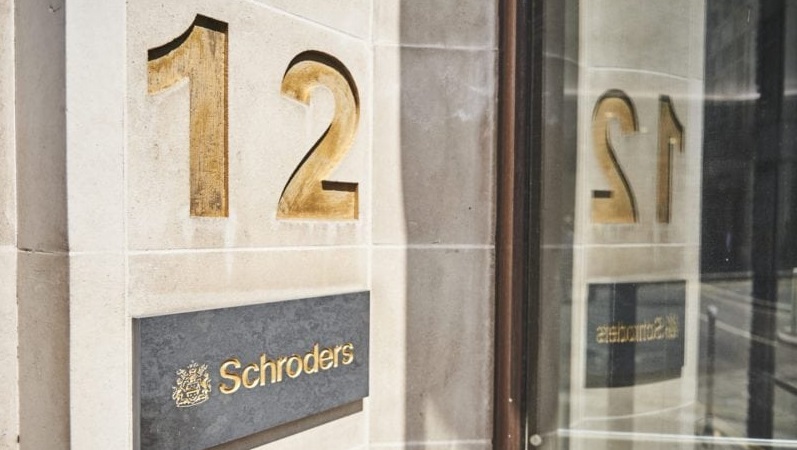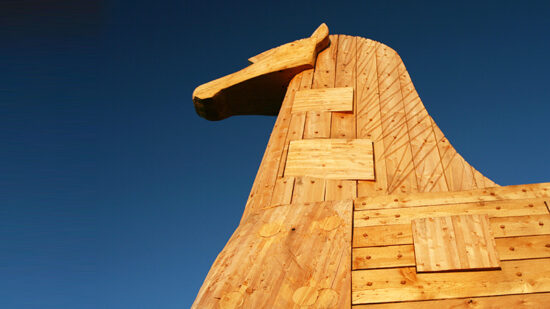The Schroders family will have slightly less influence on the company bearing its name should shareholders back plans to simplify its current dual share class structure.
Currently, the principal shareholder group (PSG), which comprises the family’s interests, holds just under 48% of the ordinary shares and 20% of the non-voting shares.
On Tuesday, the Schroders board announced proposals that would “lead to the enfranchisement of the non-voting ordinary shares”.
The proposals would see each non-voting share converted into one ordinary share, giving the holder full voting rights. It would also see the PSG’s shareholding drop from 48% to roughly 43%.
Same economic risks and rewards
Existing holders of ordinary shares would receive a bonus issue of three additional ordinary shares for every 17 they own to compensate them for the dilution of their voting rights.
“This will enable all shareholders, who share the same economic rewards and risks, to have the same voting rights. It will also increase the liquidity of the shares,” the board said.
It added that “these terms are fair for both classes of shareholders and reflect the longer-term discount between the non-voting and ordinary shares”.
Shareholders in both classes will vote separately on the proposal, which requires 75% approval from each group.
Members of the PSG have indicated their intention to support the motion, the company said.
Schroders chairman Michael Dobson said: “The board believes it is right to enfranchise the non-voting shares and that these proposals are in the best interests of all shareholders.
“In undertaking this important step for Schroders, we are pleased to have an indication from shareholders representing over 47% of the ordinary shares and over 40% of the non-voting shares that they intend to support the proposals.”
Full details and timeframes will be announced in due course, Schroders said.







